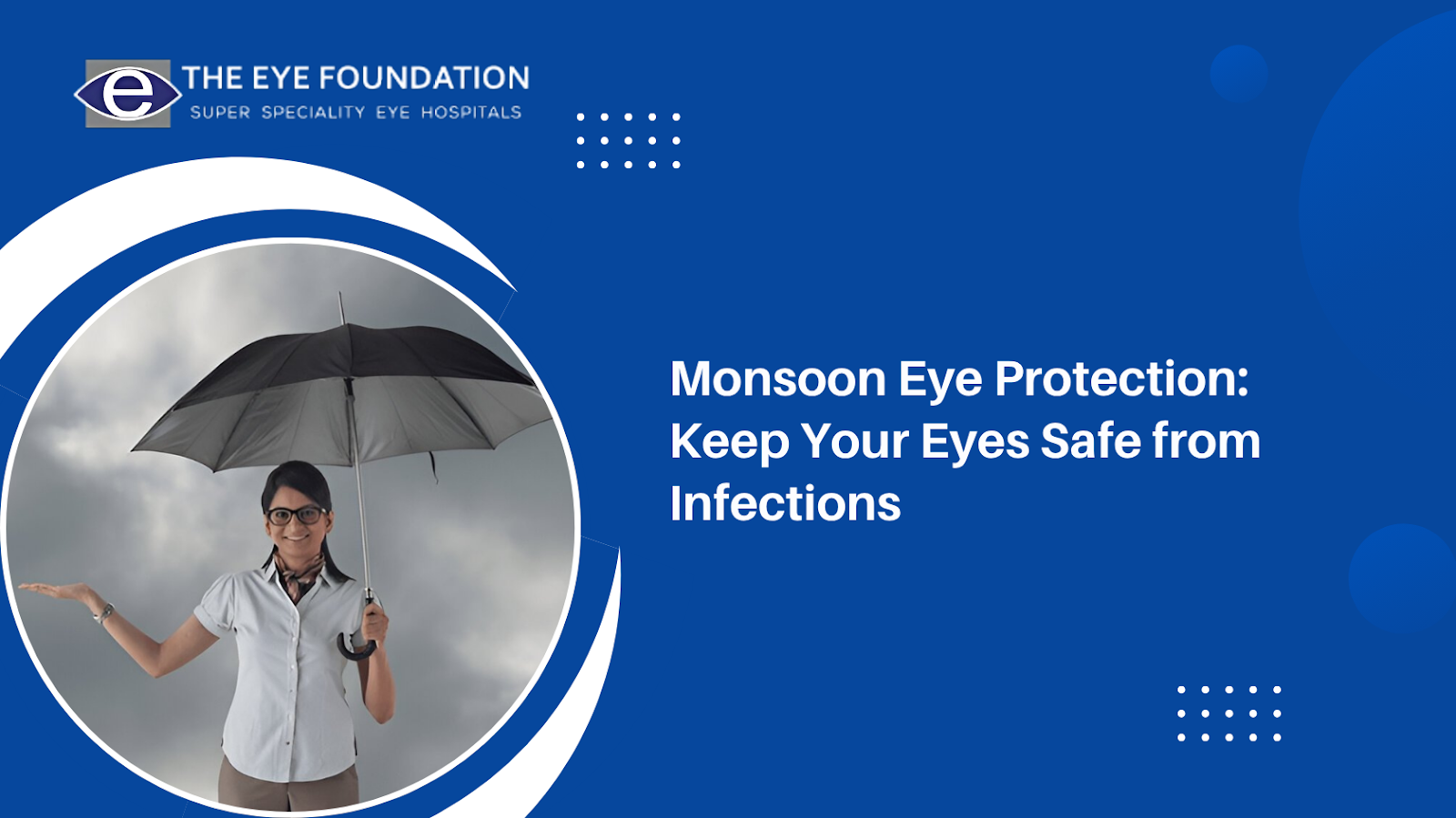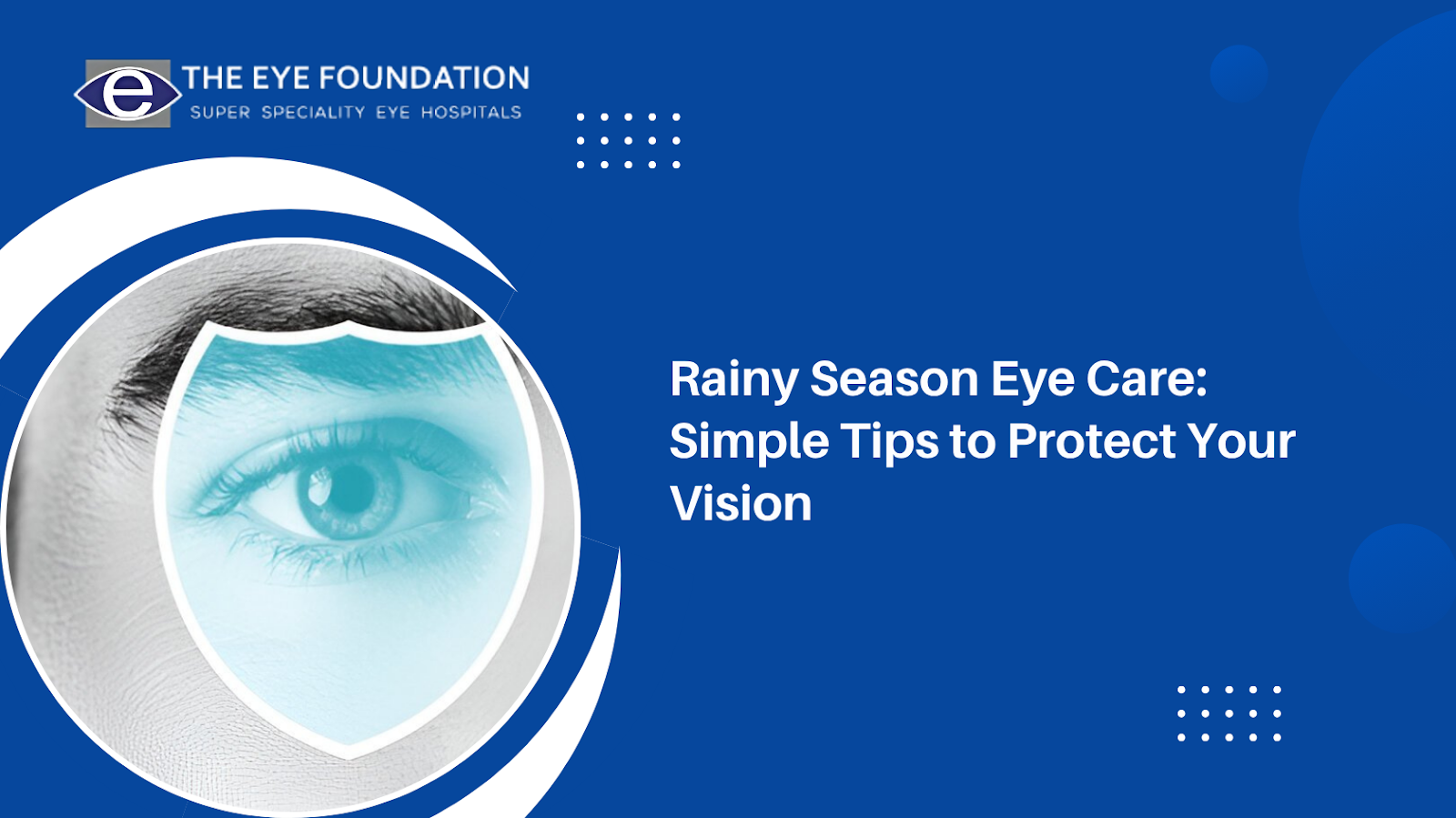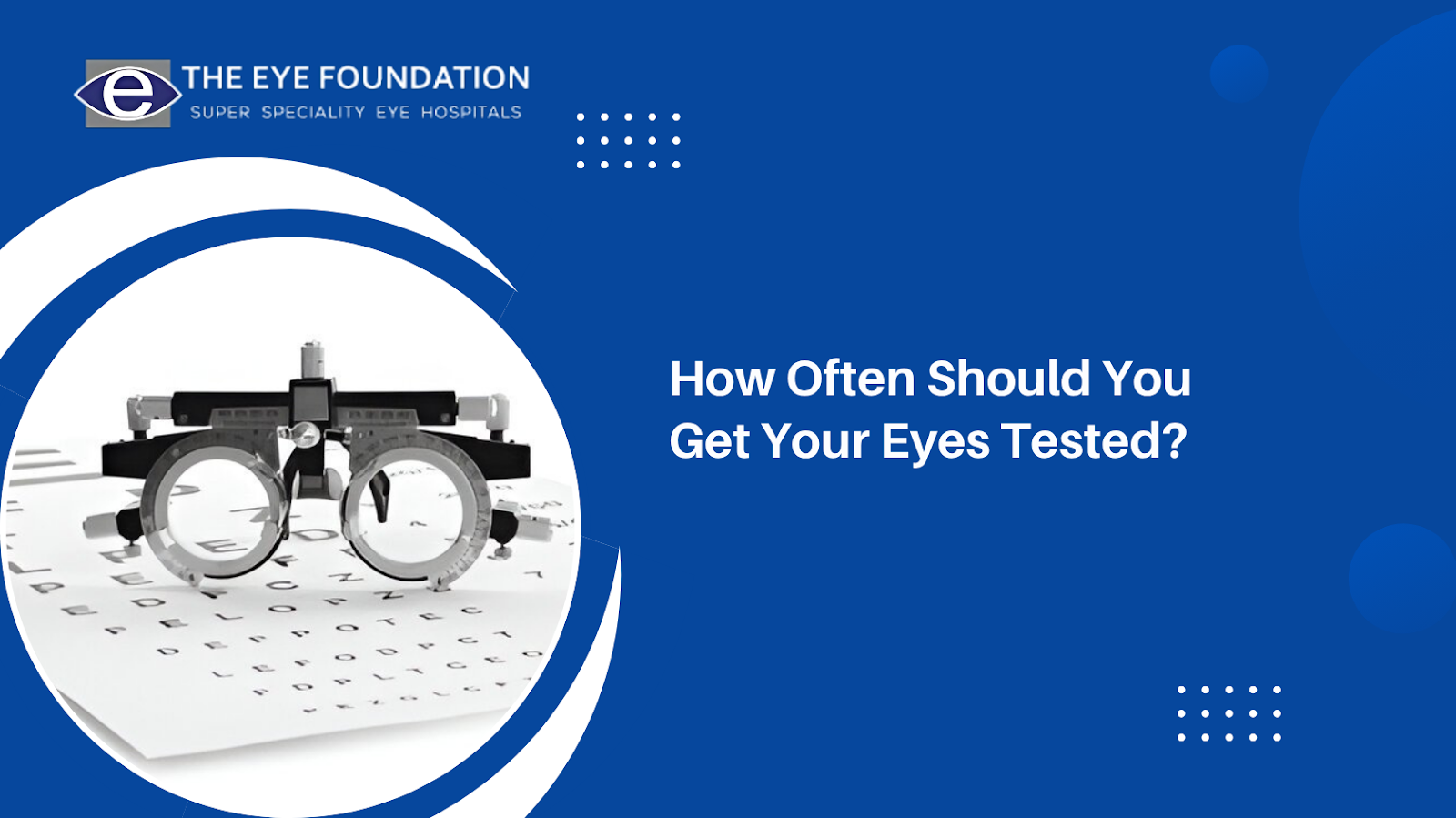A cataract is now a common phrase among senior citizens. It is no more a threat. Cataract eye surgery has now been easily done without any risky complications that give no second thoughts.
The surgery has given life to many even to those who are on the verge of counting their fruitful years. People feel so relaxed and rejuvenated after they reverse their clear vision from cloudy cataracts.
You may think “undergoing surgery gives you good eye health”.
Yes, you are correct and are you sure eyes have good sight for the long run?
We used to “Repair and Maintenance” our motorcycle. Why are we doing it? Any thoughts or reasons? We ensure the motor runs without any troubles for the long term.
What happens if we follow the same instructions for our eyes after surgery? You are guaranteed that the eyes are healthier and have a crystal clear vision throughout the lifespan.
People used to complain and mock the treatment they underwent.
But they never reveal the bitter truth of their unhealthy and misleading medications.
What’s the root cause for your eye infection after surgery?
Your eye treatment does not end up with Cataract Surgery. Your eye care is the root cause of your future eye problems.
Though the recovery time of Cataract Eye Surgery is just 24 hours, it requires at least 48 hours for healthy recovery.
Your eyes are precious and most times, they are the first contact for getting infected. After the surgery, your eyes are reborn.
You have to take care of your eyes like a newborn's eyes. At the surgery, your cloudy lenses are replaced with a new crystal clear lens.
New lenses take some time to cope up with your routine activities. After the surgery, your eyes demand some time for complete healing.
Mostly, eye infection takes place at the time of healing. So, pay attention to taking care of your eyes.
What happens if you don’t care?
Many things happen if there is no proper care given to your eyes. Post cataract eye surgery care is quite the critical part. Though the replaced lenses are mapped, your past history may have a chance of developing eye troubles.
No eye care ends up with more eye troubles. You have to take a break from your routine. Some patients tell they are up for the next surgery for the same eye.
You would have heard somewhere from your network/circle. Yes! This is absolutely true. Some take this as a myth or self-illusion.
For your kind information, we have handled this kind of case at our healthcare centres. Please do not take this so lightly as you may or may not put an end to the surgeries.
Carelessness makes your Eyes Healthless.
You may ask me “why do I care? I got my vision back”. At the surgery, depending on your eye complications, the ophthalmologists have bridged the surgical marks using stitches.
Your ignorance adds infections to the surgical marks.
Most Suggested Eye Care Post Cataract Surgery
Avoid direct sunlight exposure. Wear sunglasses when you are travelling outside in the daylight. By doing this, it protects your eyes from UV rays.
- Take complete bed rest for at least 3 days. The eye wounds completely heal within this time frame.
- Avoid any activities that greatly involve your Eyes.
- Try to limit your eye strains.
- Avoid going for a swim as the water has chemical compounds.
- If you are intended to travel, ask someone out to drive the vehicle for you. The direct windfall impacts your eye.
Follow the medication and follow-ups suggested by your ophthalmologists.
What are some of the common eye problems you experience post-Cataract Surgery?
Watery Eyes
These are one of the most common illnesses you experience after you underwent cataract eye surgery. The watery eyes swell due to the new replacement of the eye lens. Relax. The watery eyes stop after 10 days and no special medication is required.
Dry Eyes
You experience Dry Eyes after the surgery. These eye problems are due to the loss of fluids during the surgery. Lubrication eye drops are enough to treat dry eyes.
Double Vision
Double or blurred vision is commonly experienced after the replacement of lenses. These eye problems get settled on their own after a short period of time. Your eyes start to cope up with the newly implanted lens.
When to consult the ophthalmologists?
Vision Loss
After the cataract eye surgery, some experience blurred or cloudy vision. The continuity of the blurred vision leads to vision loss. The health condition of your eyes indicates that urgent care is to be taken care of. Vision loss happens when the surgery is done without correcting the previous eye health issues. You are advised to take a comprehensive eye test to ensure any other eye illnesses you are dealing with.
Floaters
Floaters are jelly-like substances that you usually see when you're sighting objects. Generally, eye floaters are the symptoms of poor eye health. Though you underwent cataract eye surgery, this may occur in your eyes. The reason greatly lies in how precision the surgery has been done. The surgical executions practised by the ophthalmologists are seen as eye floaters.
Persistent Pain
Some take eye pain after the eye surgery is common and it would fade away after some days. Yes, pain is common unless it prevails for 3 to 4 days post-surgery. You should definitely consult the ophthalmologists when you experience persistent pain for a long period of time.
Worsening Vision
Clarity of vision improves as the days pass by after the cataract eye surgery. But if this case happens to you in vice versa, please don't make any further delay in consulting the ophthalmologists. As the gradual vision deterioration takes place, it may lead to another eye surgery to stop the vision loss.
Conclusion
Depending on your Post Cataract Surgery eye condition, you are advised to consult your ophthalmologist for safe and healthy eyes.






